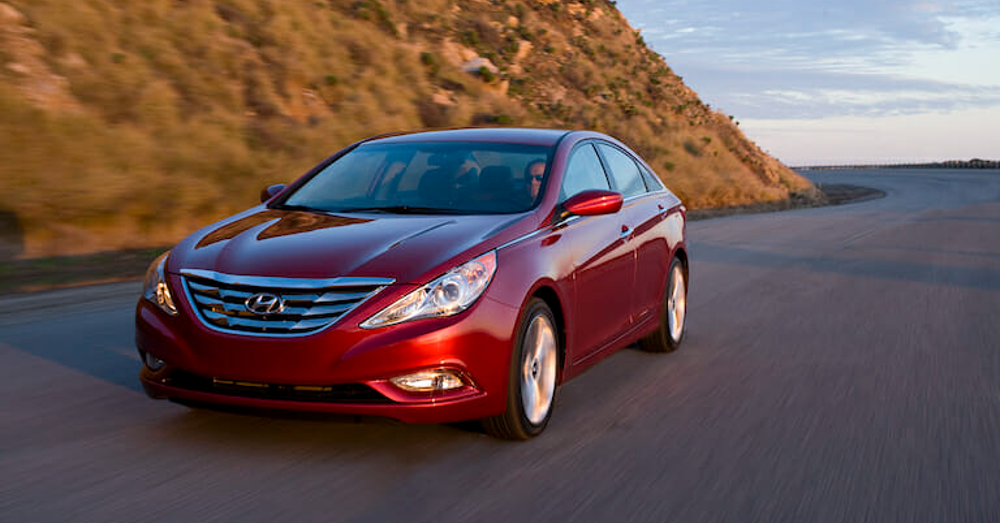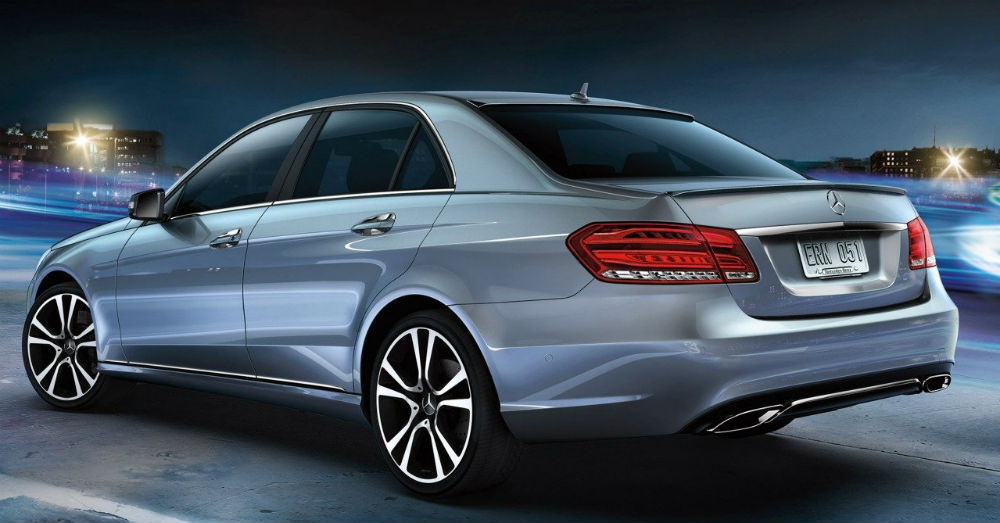
What is Dealer Invoice and How Does it Apply to Used Cars?
When shopping for used cars, it’s important to arm yourself with good information to gain the upper hand.
It’s well known that dealers are selling cars to make money. Nearly all of us are in some form of business with the goal of making more money, even if that money that’s earned as profit is reinvested in the business. Even organizations that are expected to be non-profit and are meant to offer public services are looking to make more money so they can offer more services or help more people with their programs. Now that we know that nearly every company or organization is working to make more money we can look at what dealer invoice means.
The Expected Definition
When the car dealership reveals their dealer invoice price for a vehicle, it’s supposed to be the amount they have paid to buy the vehicle from the manufacturer. That’s easy to understand for new cars, but on used cars and used SUVs, this number will likely be inflated by a large amount. For new models, a dealer may receive a holdback, which is a small amount paid by the manufacturer for the vehicle, but that won’t be applied to any used vehicles. For a used vehicle, the story is completely different.
What You Need to Know
In most cases, a used vehicle is purchased at a price that’s a lot less than the value of the car, and certainly less than the price offered. Used vehicles come to dealers through trade-in programs, lease terminations, and from auctions. Vehicles that are traded in are marked up a great deal to offer you a price that’s near the fair market value of the model, which is much more than what the dealer offered to the original owner. Vehicles that are leased and then turned in cost a bit more, but not as much as a new one for the dealer to purchase, and auction vehicles are the least costly to the dealership.
What Some Dealers Will Tell You
When you see a dealership, they aren’t going to reveal to you the actual dealer invoice price they paid for a car. The reason they won’t do this is that the difference between the invoice and the asking price could be a great deal. This is different from shopping for a new model, in which some dealers will use the dealer invoice price as a point of sympathy on your part. It’s best to have an idea of what the fair market value price is of the model you’re looking at.
What Does this Mean for You?
If you’re shopping for a used car, understand that the dealer invoice price is an extremely fluid number because it could have come from one of three places and be a vehicle that has a lot of negotiating room on the price. Don’t be afraid to negotiate the price down for a used car. Unlike a new model, there’s more of a difference for you as the customer to receive in the form of a price reduction when you’re looking for a great used car to drive.
This post may contain affiliate links. Meaning a commission is given should you decide to make a purchase through these links, at no cost to you. All products shown are researched and tested to give an accurate review for you.



